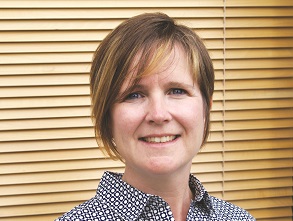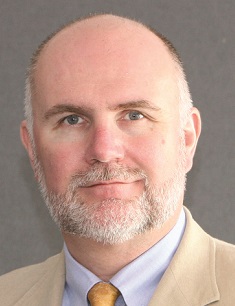News / Budget reaction: short-term help but longer-term solutions needed
The NHS also received a direct financial boost, with the pledge of £325m of capital funds to support sustainability and transformation plans that are ready to move forward before the autumn Budget. Mr Hammond said the autumn Budget would include a multi-year capital funding scheme.
King’s Fund chief executive Chris Ham (pictured) said the social care funding would provide short-term relief for service users. ‘The plan to publish a green paper on the future of social care funding is encouraging, but we have been here before. This time, the government must break the mould and deliver the radical reforms that are so badly needed,’ he added.
He said the additional capital funding appeared to be a step in the right direction, but added the NHS faced other problems. ‘This winter the NHS has been buckling under the strain of meeting rising demand for services and maintaining standards of care. The chancellor must address this in his autumn Budget or be honest with the public about the standards of care they can expect with the funding the NHS has been given.’
NHS Confederation chief executive Niall Dickson said the government had ‘finally woken up’ to the fact that hospital and community services were struggling, particularly with demand from older and vulnerable patients.
‘The extra funding will definitely help, but we await the details. We also welcome the announcement of a green paper on the long-term funding of social care – let us hope this time it results in action and not more words.’
He continued: ‘The promise of additional capital funding to support local transformation plans is also welcome, but again we await the detail. Without this money it will be impossible to develop the new services that are so desperately needed.’
NHS Providers welcomed the additional £2bn for social care, but said it fell ‘well short’ of what was needed. Policy and strategy director Saffron Cordery (pictured) added her voice to growing calls for a long-term solution to social care funding.
it fell ‘well short’ of what was needed. Policy and strategy director Saffron Cordery (pictured) added her voice to growing calls for a long-term solution to social care funding.
‘This is not a new problem but it is an urgent one. We therefore welcome the chancellor’s announcement of a green paper and will contribute to it. It’s important that we don’t start again from scratch – the recent reviews by Andrew Dilnot and Kate Barker for the King’s Fund provide comprehensive analysis of the problem and some potential solutions,’ she said.
She also welcomed the additional capital spending that will be available to STPs and A&E departments to support GP triage. However, she was concerned about finding GPs to staff the new units.
Margaret Willcox, president-elect of the Association of Directors of Adult Social Services, said: ‘We welcome this important step towards closing the growing gap in government funding for adult social care.
‘We are keen to build a consensus on a long-term, sustainable solution about how we provide and pay for care for years to come, and we hope the green paper helps to achieve that.’
Clive Betts, chair of the Commons Communities and Local Government Committee, said the additional social care funding was welcome, but fell £500m short of the amount his committee believed was needed in 2017/18.
He added: ‘The government should provide explicit confirmation that the funding today is new money. From the Budget documents it is not clear this is the case. The announcement of a green paper on social care in the long term is welcome but to provide an effective solution to the challenges for our social care system this should be part of an urgent review, undertaken on a cross-party basis.’
British Medical Association council chair Mark Porter (pictured) said the Budget did nothing to address the £30bn gap in NHS finances and called for health spending to rise by £10.3bn to match spending in leading European economies.

He added: ‘The crisis in the NHS doesn’t stop at the hospital door – our A&Es are struggling because of an overstretched system. Having GPs in A&E won’t reduce admissions – if anything this could have the effect of attracting more patients to hospitals. The government also needs to explain how it will fund and recruit GPs to work on site at hospitals when there already aren’t enough to meet the needs of the public. Many are already working in practices with permanent vacancies that they are unable to fill, despite government promises at the last election to recruit 5,000 more doctors into general practice.
‘The chancellor’s announcement of £325m of funding for some STPs is unlikely to go far enough, and we know that the plans need at least £9.5bn of total capital funding to be delivered successfully.’
Related content
We are excited to bring you a fun packed Eastern Branch Conference in 2025 over three days.
This event is for those that will benefit from an overview of costing in the NHS or those new to costing and will cover why we cost and the processes.